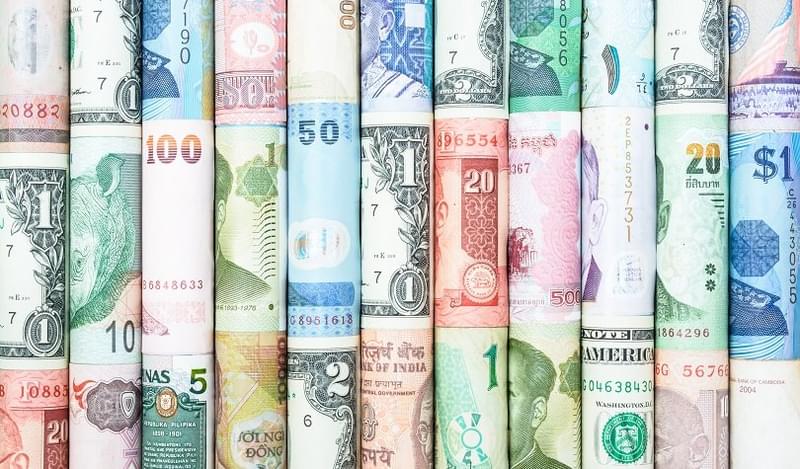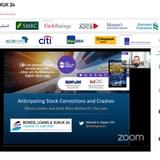The global backdrop seems relatively benign right now, but we still think investors need to differentiate. For instance, TRY, ZAR, and BRL at current levels seem too rich given the underlying risks in all three. On the flip side, we think China is looking stable right now and should help emerging Asia’s outlook near-term. Below, we discuss the major themes for EM investing in H2
EM monetary policy has decoupled from the Fed, at least for now. Some EM central banks followed the Fed in lockstep with 25bp hikes, but these were due to their currency pegs. These include Hong Kong, Bahrain, Saudi Arabia, and others. Countries that do not have a peg in place are finding that they do not need to match the Fed. Indeed, many EM central banks have been in easing cycles this past year, with many more simply remaining on hold. Even with a peg, it’s not a sure thing. After the June Fed hike, Kuwait opted to keep rates steady due to sluggish growth.
US RATES
The US rates outlook has softened, which has been supportive for EM. Numerous distractions have prevented President Trump from delivering quickly on his economic platform. Taken in conjunction with soft US data, markets have pared back their Fed rate hike expectations and this has helped EM rally. We think it is too early to say that the Trump trade is dead, but it’s certainly wounded. Markets want to see 1) progress on US fiscal stimulus, and 2) data that support the view that the Q1 slowdown in the US was indeed transitory.
CORRELATIONS
MSCI DM has risen 17% YTD, while MSCI EM has risen 9%. Last year, MSCI DM rose 4% while MSCI EM rose 7%. The DM/EM equity market correlation remains relatively high, running at nearly 0.50. With the VIX remaining very low by historical standards, the risk of a DM-related EM sell-off remains high. As always, we emphasize that investors must differentiate within EM. Political risk abounds within EM, including the major countries such as Brazil, Mexico, South Africa, and Turkey. MSCI Mexico is up 20% YTD, while MSCI Turkey is up 28% YTD.
IT’S THE POLITICS, STUPID!
Despite the benign global backdrop, we believe many EM countries face idiosyncratic political risk. This group includes (but is by no means limited to) Brazil, Mexico, South Africa, Turkey, the Philippines, and Korea.
CHINA
PMI readings and other forward-looking data suggests China’s economy will remain stable. Yet the modest slowdown continues, with GDP growth expected at 6.6% this year and 6.2% in 2018. Recent moves by the PBOC to introduce a countercyclical factor in the daily fix supports our view that policymakers do not want to see any destabilizing yuan moves this year. Capital controls have worked so far, as outflows ebb and foreign reserves rise.
COMMODITIES
Further complicating matters for EM is the recent softening of commodity prices. While this has mixed implications for EM (exporters vs. importers), commodity prices and EM equities (as measured by MSCI EM) typically have positive correlations. OPEC recently extended its output cuts, but markets were disappointed that more aggressive cuts were not announced. US data shows output continuing to rise. Rig counts continue to rise even as oil trades in the $45-50 range, suggesting that US shale producers can break even at lower levels. Supply concerns are also weighing on iron ore and copper, as global stockpiles rise.
CONCLUSIONS
Given the different risks and drivers for EM, we see sideways, choppy, and event-driven trading conditions in Q3. US data in the coming months will be very important for the US interest rate outlook, but we may not get a definitive read. We recommend that investors favour countries with strong economic fundamentals and low political risks.






